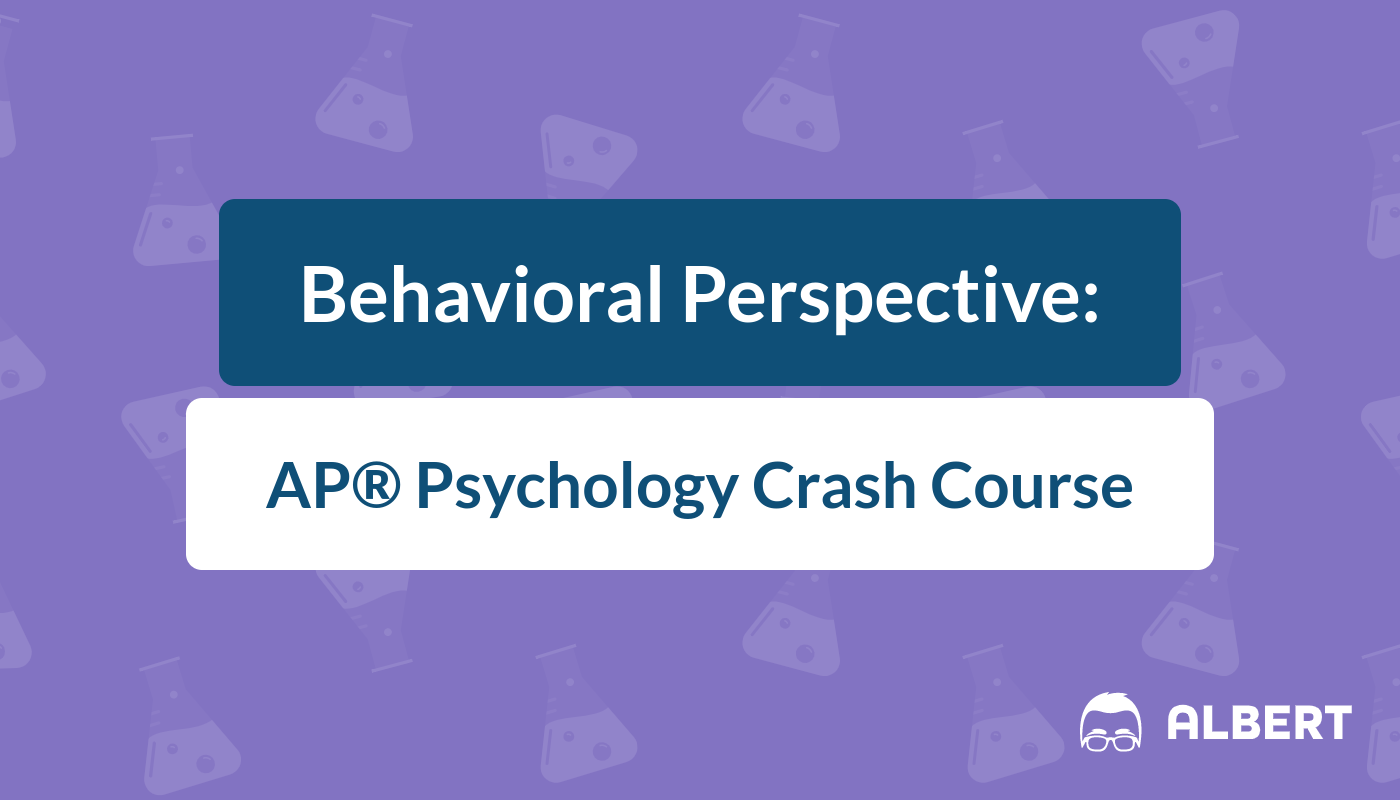The behavioral viewpoint is a perspective in psychology that focuses on the study of observable behaviors and the environmental factors that influence them. This approach to psychology emphasizes the role of learning and reinforcement in shaping behavior, and it is based on the idea that behaviors are a result of conditioning rather than inherent personality traits or mental processes.
One of the key figures in the development of the behavioral viewpoint was Ivan Pavlov, a Russian psychologist who is famous for his work on classical conditioning. Pavlov demonstrated that animals could be trained to associate a particular stimulus with a particular response, such as salivating at the sound of a bell. This type of learning is known as classical conditioning, and it is an important concept in the behavioral viewpoint.
Another influential figure in the behavioral viewpoint was B.F. Skinner, an American psychologist who is known for his work on operant conditioning. Operant conditioning is a type of learning in which an animal or person learns to associate a particular behavior with a particular consequence. For example, if a rat receives a food reward every time it presses a lever, it will learn to press the lever more frequently in order to obtain the reward. Skinner's work on operant conditioning helped to further the understanding of how reinforcement can shape behavior.
The behavioral viewpoint has been influential in the development of various therapies and interventions that are used to help people change problematic behaviors. One example is cognitive-behavioral therapy, which is a type of therapy that aims to help people change negative thought patterns and behaviors by teaching them new coping skills. Another example is exposure therapy, which is a type of therapy that is used to help people overcome phobias and other types of anxiety disorders by gradually exposing them to the object or situation that they fear.
While the behavioral viewpoint has contributed significantly to the understanding of how behavior is shaped by environmental factors, it has also been criticized for its focus on observable behaviors and lack of attention to internal mental processes and emotions. Some psychologists argue that the behavioral viewpoint does not adequately account for the complex and nuanced nature of human behavior, and that it is important to consider other factors such as genetics, personality, and cognition in order to fully understand human behavior.
Overall, the behavioral viewpoint is an important perspective in psychology that has contributed significantly to the understanding of how behavior is shaped by the environment. While it has been influential in the development of various therapies and interventions, it is important to consider other factors in order to fully understand human behavior.
View Point Health

A View into the Enterprise Architecture filtered specifically on everything to do with Business Architecture, further filtered on the Behavioural aspects of the Architecture. © 2003 Wiley Periodicals, Inc. Many people contributed their thoughts on organizational behavior OB , from which Robert Owen, Mary Parker Follett, Hugo Munsterberg, and Chester Barnard are prominent figures. Addictions cause people to become hypersensitive to cues related to rewards they crave. Honer who observed taste aversion in hungry rats, and John Garcia who observed fear-conditioning in mice. What are the types of behavior management? At that point, Albert learned to cry when presented with the white rat because he had learned the fear response by associating the rat with a loud noise. Equity — classical management emphasises to be polite and kind to the workers but there may be many a worker who does not responds to the kindness and becomes more careless.
Dual Diagnosis Treatment Arizona

However, engineers found that there was something else that also contributed to the change in output. At first, this viewpoint was developed as the classical viewpoint. Behavioral science does not depend on mathematical certainty, because it is about the behavior of humans that is very difficult to predict. Its the perspective that Information Systems people might want to look at to be informed about how the Business behaves. The Journal of Speech and Language Pathology — Applied Behavior Analysis, 3 1 , 46-59. Thus, it was concluded that illumines lighting intensity was not the factor that directly relates to group productivity.
Behavioral Viewpoint

Adults suffering from schizophrenia, schizoaffective disorder, bipolar disorder, and other psychiatric diseases can rely on the staff at Viewpoint Dual Recovery for integrated treatment. Top managers give employees detailed instructions and closely monitor until they become proficient in their jobs. Many philosophers, scientists and biologists have long sought to answer a simple question: What motivates human beings? Through their experiences as workers, they believed that they gained real if limited access to working-class pyschology. Cognitive behavioral therapy, the branch of psychotherapy associated with behaviorism, tries to change thinking patterns. While ABA has been around for a while, it has received extreme criticism from the autistic community, who often call its methods harsh and reductive.
Behavioural Viewpoint Of Management Theories Commerce Essay

However, we recognize that people struggling with their mental health are more likely to struggle with substance abuse, particularly when they are un- or poorly diagnosed and so succumb to self-medicating behaviors. Since all behavior is but a response, behaviorism also suggests that anyone can learn to perform any action with the right conditioning. We also give our clients the tools they need for lasting mental and physical well-being. While some actions are certainly reinforced or diminished through conditioning, other factors like genetics, cultures, thoughts, feelings, and environments certainly play into human behavior. History and Key Concepts of Behavioral Psychology. In addition to our individual, group, and family therapy programs, we offer a comprehensive trauma therapy program that features EMDR and somatic experiencing, among other approaches.







